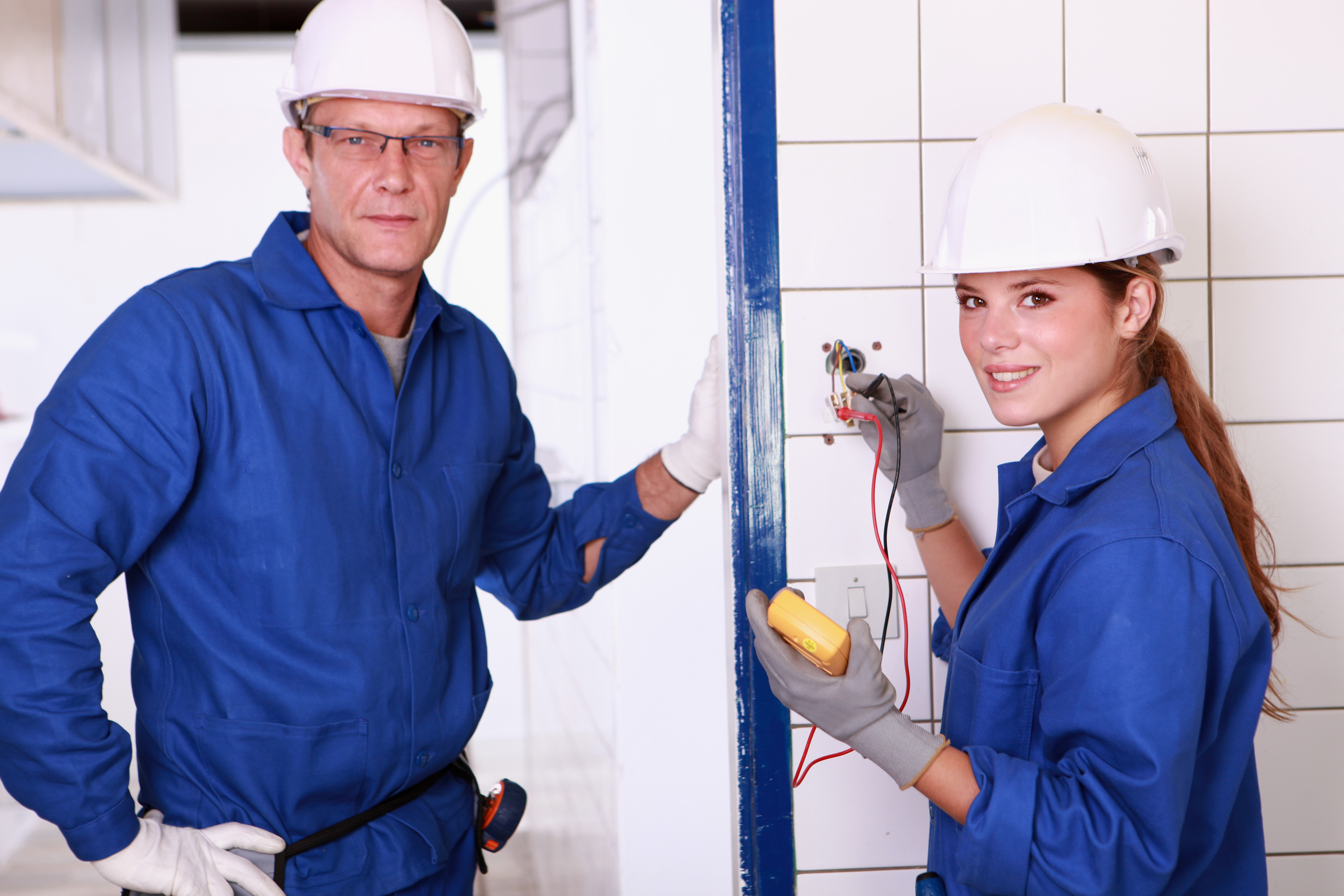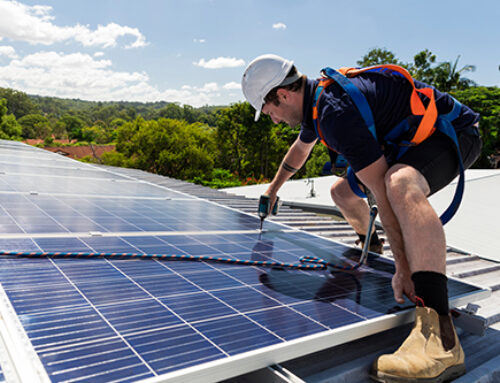Queensland’s unpredictable weather—whether it’s powerful storms, floods, or cyclones—can create serious electrical hazards. These events often lead to power outages, fallen powerlines, and water damage to electrical systems, all of which pose significant risks. Knowing how to prepare before a storm, stay safe during extreme weather, and assess potential dangers afterward can help protect your home, your family, and your community.
Be Prepared: Electrical Safety Before a Cyclone or Storm
Preparation is key to minimising electrical risks during severe weather. Power outages can last for days, so it’s important to plan ahead.
- Charge your devices – Ensure your mobile phone and other essential electronics are fully charged in case of an emergency.
- Know your switchboard – Familiarise yourself with your home’s main power switch so you can turn it off quickly if needed.
- Prepare your generator – If you plan to use a generator, check that it’s in good working order. Never connect it directly to household wiring unless a licensed electrician has installed a changeover switch.
- Added Safety Turn off your solar system – Follow the manufacturer’s instructions to safely power down your solar panels before extreme weather arrives.
- Plan an evacuation route – Identify nearby powerlines and avoid them when evacuating. If someone in your home depends on powered medical equipment, have a backup power source or a plan to relocate them.
Staying Safe When the Hits
Once the cyclone arrives, electrical safety becomes even more critical. Strong winds, heavy rain, and flooding can damage powerlines and electrical systems, increasing the risk of electric shock and fire.
If you lose power:
- Turn off power points and unplug appliances if it is safe to do so.
- Never step outside to switch off power during a storm.
- Keep all electrical equipment—including extension cords, lighting, and generators—away from water.
If your home is damaged by the cyclone or storm:
- Do not attempt temporary electrical repairs. If safe, turn off the power at the switchboard and call a licensed electrician when conditions improve.
- If there is a risk of flooding, move electrical appliances and power boards to higher ground.
Generator Safety: Preventing Carbon Monoxide Poisoning
Portable generators can be lifesaving during extended power outages, but they also present serious risks if used incorrectly. Carbon monoxide (CO) poisoning is a major hazard, as the gas is invisible, odourless, and deadly.
To use a generator safely:
- Always run it outdoors in a well-ventilated area—never inside your home, garage, or enclosed spaces.
- Use generators only for essential appliances like refrigerators and medical equipment.
- Never connect a generator to your home’s wiring unless a licensed Master Electrician has installed a changeover switch.
- Check power boards and leads for damage, and never use illegal or makeshift leads.
After the Cyclone or Storm: Checking for Electrical Damage
Once the weather clears, it’s important to assess any electrical hazards before using appliances or switching power back on. If your home has been damaged, always assume electrical wiring and outlets could be unsafe.
- Get a Master Electrician to inspect your home – If your property has sustained damage, a licensed Master Electrical contractor must test and certify it as safe before power is restored.
- Be cautious when removing wall panels or entering your ceiling space – Hidden electrical wiring can be live and pose a shock or fire risk.
- Check for water-damaged appliances – Any electrical devices that have been submerged in floodwater should be inspected by a professional before being used again.
- Report damage to external electrical fixtures – If your underground service pillar (usually a green or beige utility box) is damaged, notify your electricity provider immediately.
Solar and Battery Storage Systems: Post-Storm Safety
If your home has a solar power system or battery storage, additional precautions are necessary after severe weather.
- If you need to shut down your system before, during or after the weather event, follow the shutdown procedure listed on your inverter or main switchboard.
- Do not touch wet or damaged solar components—even if the network supply is off, solar panels can continue generating electricity when exposed to light.
- If your battery energy storage system has sustained damage, have it inspected by a qualified professional before switching it back on.
Fallen Powerlines: Stay Clear and Report Hazards
After a cyclone or severe storm, fallen trees and debris may conceal powerlines that are still live. These can be difficult to see, especially at night or in floodwaters.
- Always assume fallen or low-hanging powerlines are live and dangerous.
- Stay well away and warn others to do the same.
- Report fallen powerlines to emergency services or your electricity provider immediately.
Electrical Shocks: What to Do in an Emergency
Electric shocks can be fatal, so it’s important to act quickly and safely.
- If someone is receiving an electric shock, do not touch them. Doing so could transfer the current to you. Instead, turn off the power if possible and call emergency services (000) immediately.
- Tingling or minor shocks from an appliance or water taps? This could indicate a serious electrical fault—contact your electricity provider to investigate.
- Never attempt DIY electrical repairs. Electrical work must always be carried out by a licensed electrical contractor.
- Avoid areas marked with electrical hazard tape. If a property has been sectioned off due to electrical dangers, do not enter, it could cost your life.
Final Thoughts: Be Storm-Ready and Stay Safe
Electrical dangers don’t just arise during storms—they can occur before and after as well. Taking proactive safety measures, following expert advice, and seeking professional help when needed can prevent serious accidents and save lives. Whether it’s checking your generator, avoiding flooded electrical appliances, or reporting fallen powerlines, these steps ensure you, your family, and your home remain safe in extreme weather.
By staying informed and prepared, you can navigate we can all navigate TC Alfred with safety.




